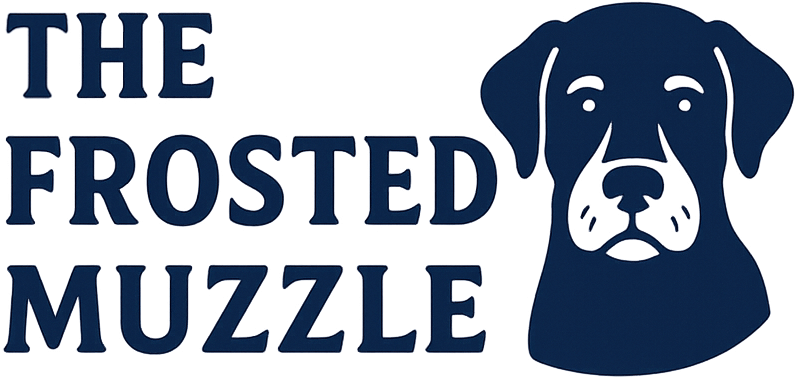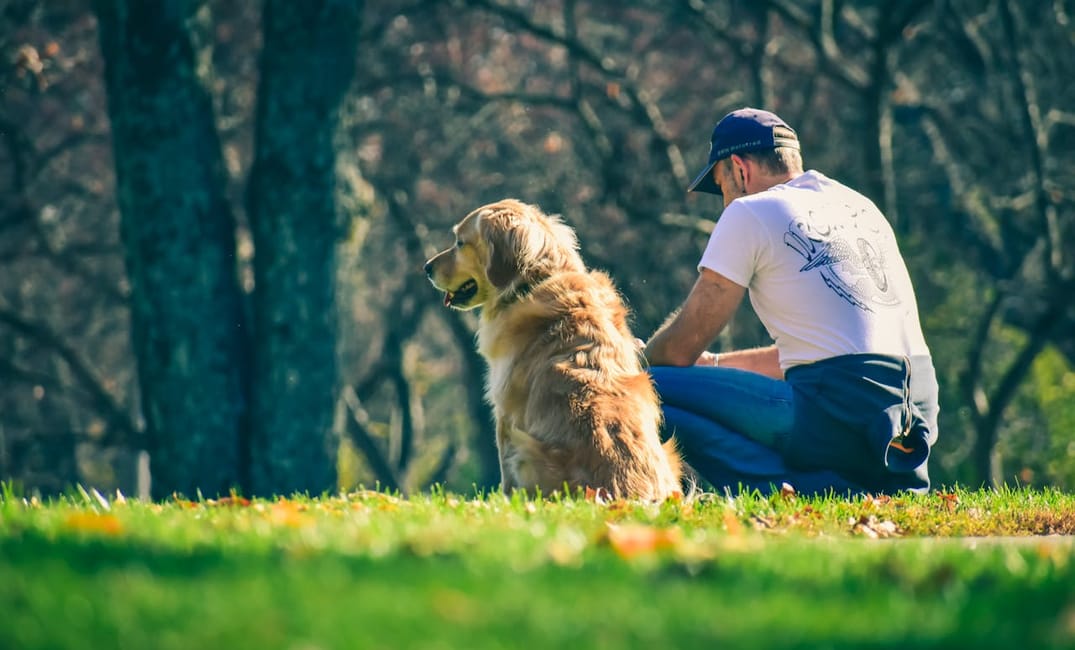Table of Contents
Aging brings a lot of changes, and not just for us. Senior dogs often become more sensitive as they grow older. Things they once shrugged off, a thunderstorm, a house guest, or even being left alone for a while, can suddenly make them anxious. Their bodies and brains are going through shifts, and they need a little extra comfort and care.
If your older dog seems more unsettled lately, you’re not alone. Here are five gentle ways to help your senior pup feel more secure and calm.
Create a Safe and Predictable Space
As dogs age, routine becomes everything. Loud noises or a new environment can throw them off more than it would have when they were younger. Give your senior dog a quiet corner of the house that’s theirs, a soft bed, familiar smells, and low foot traffic go a long way. Try not to rearrange furniture or change their feeding and walk schedule too often. The more predictable their world feels, the safer they’ll feel in it.
Keep Goodbyes Low-Key
It might be tempting to smother your dog with hugs before heading out, but big emotional goodbyes can actually spike their anxiety. Instead, make your departures calm and casual. Over time, this teaches them that you always come back, and there's no need to panic when you leave.
If they struggle with separation, leaving a worn t-shirt or a toy with your scent can offer comfort. It’s a small gesture, but it makes a difference.
Revisit Enrichment, Gently
Senior dogs still need stimulation, just tailored to their age. Puzzle toys, slow sniff walks, or short play sessions help keep their minds busy and ease restlessness. Don’t underestimate the power of a slow, nose-led walk in a quiet area. Mental stimulation can be just as soothing as physical exercise.
Avoid overstimulating environments like busy dog parks or loud gatherings, those may do more harm than good.
Try Calming Tools and Supplements
There are plenty of calming aids that might help. From pheromone diffusers to calming vests, or vet-approved supplements like L-theanine or CBD, these tools can make a real difference. But always check with your vet first, especially with supplements, since older dogs can have more sensitive systems.
Some dogs respond well to soft music or white noise. Others may prefer silence. Observe your dog and follow their lead.
Stay Close — Literally and Emotionally
Sometimes, just being near you is all your dog needs to feel okay. If your pup seems clingier, it’s not them being needy. It’s them asking for reassurance. Set aside quiet time to sit with them, pet them gently, or even just let them lay by your feet while you read or work. That physical closeness is deeply comforting, especially when the world starts to feel a little more confusing.
Growing old is a tender, vulnerable season for dogs. They’ve spent their lives loving us with everything they’ve got, and now they need us to return that love in quieter, steadier ways. Helping a senior dog through anxiety isn’t about fixing everything, it’s about showing up, being present, and making their days feel just a bit softer.

